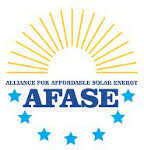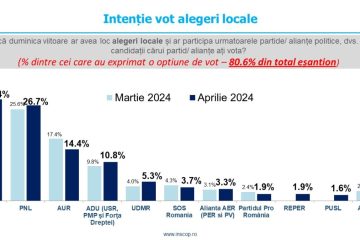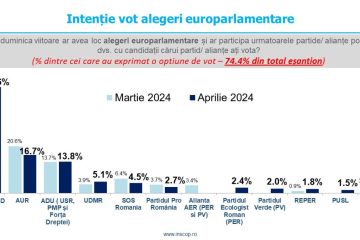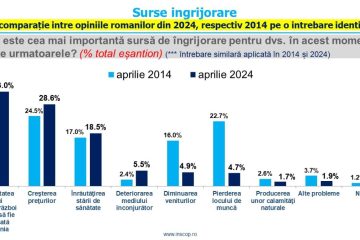 Developments on the US market fail to provide a yardstick to forecast the impact of duties on the European solar market
Developments on the US market fail to provide a yardstick to forecast the impact of duties on the European solar market
EU ProSun has repeatedly stated that anti-dumping and / or countervailing duties (AD / CVD) will not affect the EU’s PV Value Chain downstream and upstream of the production of solar products. With reference to the US, EU ProSun argues that 2012 has been a record year for PV installations and the number of jobs in the American solar industry has risen steadily although AD/CVD have been imposed.
However, this line of argumentation is flawed and highly misleading because 1. the product scope of the US duties is different from the EU investigations and 2. the market itself is hardly comparable to the one in the EU.
1. The product scope of the US duties is different from that of the EU investigations. While the EU investigations include Chinese origin wafers, cells and modules, the US duties apply to Chinese origin cells only whether or not integrated in modules.
Modules manufactured in China from non-Chinese cells are not subject to the US AD / CVD. Chinese modules can therefore continue to be customs cleared in the US without being subject to AD / CVD. In other words, China was able to buy cells from outside China and assemble in China and thus avoid duties. If imports into the USA of modules manufactured in China incorporating Chinese cells have decreased while US installations have spiked, it is precisely because demand is being met by modules manufactured in China using non-Chinese cells in addition to modules manufactured outside China. That means that developments in the US are not a meaningful basis to assess the impact of duties in the EU.
Ironically, the US complainant led by SolarWorld US has been complaining to the US authorities about products entering the US market in circumvention of the existing AD / CVD. EU ProSun should not claim in the EU that US AD / CVD do not have an effect on the US PV Value Chain whilst its leading member at the same time complains in the USA that the duties do not achieve their intended effect. 2
2. The market in the US differs extremely from that in Europe. For example, whilst the market for thin-film solar products is very small in the EU, the market is significant in the US where such products dominate the market for large ground-mounted installations. Not only are there few Chinese producers of thin-film solar products but the demand for large ground-mounted installations in the USA is primarily served by non-Chinese solar producers and the US company First Solar in the first place. Accordingly, a very important segment of the US market is not affected by the AD / CVD for Chinese products. In the EU, on the contrary, the demand for large ground-mounted installations is primarily served by crystalline solar products that are the subject of the ongoing investigations.
Comparison with the US market is flawed and must be based on the characteristics in each market. Public support schemes, types of installations (e.g., private rooftop vs ground-mounted installations), cost of electricity, PV market operators and their relative importance all are very different between the EU and the US. Thus, developments on the US market cannot be a reference basis to assess the impact of duties.
Therefore, the danger for the European solar business is imminent. Duties in Europe are not only inefficient when the root of the problem of the solar product manufacturers is structural related to high costs structures and lack of economies of scale, but they are also against Union Interest, costing significant jobs and value added along the PV value chain and contradicting the EU’s public policy to stimulate the growth of renewable energy.
The detrimental effect of duties on the EU PV value chain is also reflected in the statement of Sascha Möhring, CEO of Möhring Energie GmbH: “The PV market is already blocked and the discussion of new projects is extremely limited. This situation would only worsen with the imposition of duties. What is more, the Energiewende will be severely hampered through duties.“ Even the EU Commission in its Renewable Energy Report from June 2012 urges: “It is important to continue to use every tool at our disposal to drive down costs to ensure renewable energy technologies become competitive and ultimately market driven”.




